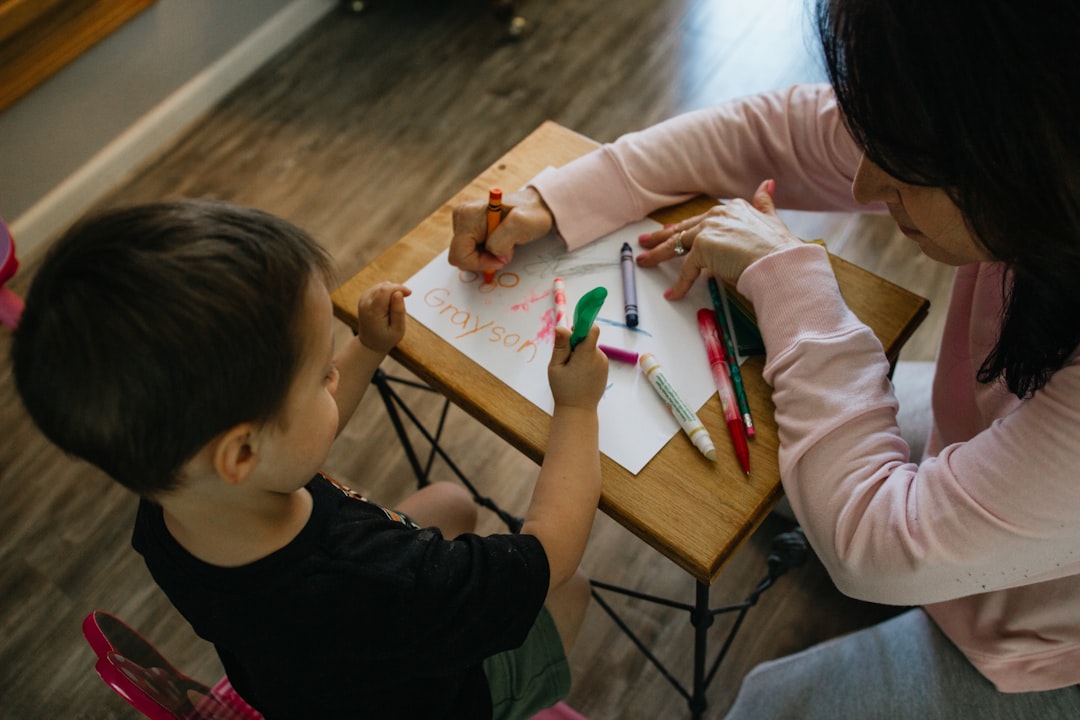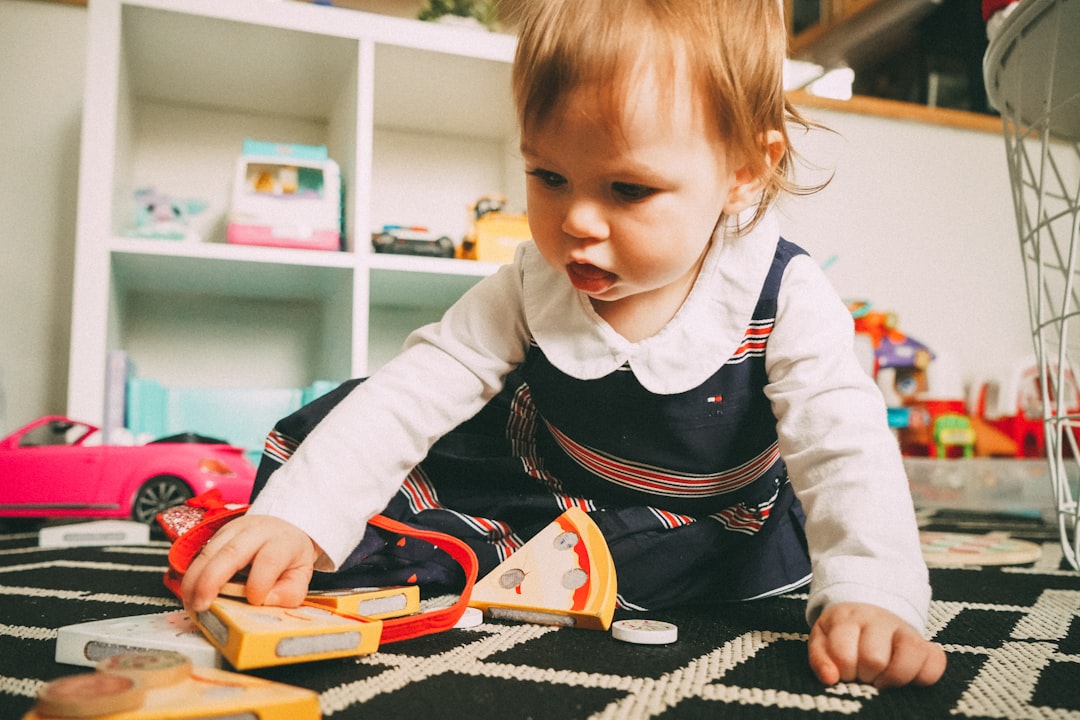In California, where countless families trust daycares with their children’s well-being, the reality of daycare abuse remains a disturbing concern. This introduction explores the vital role of a California attorney in fighting for victims’ rights and justice. From understanding red flags to navigating complex laws, this article delves into the strategies and support systems available for survivors and families affected by this heinous crime. Discover how a dedicated daycare abuse lawyer can be a beacon of hope in the quest for accountability and healing.
Understanding Daycare Abuse: Recognizing Red Flags
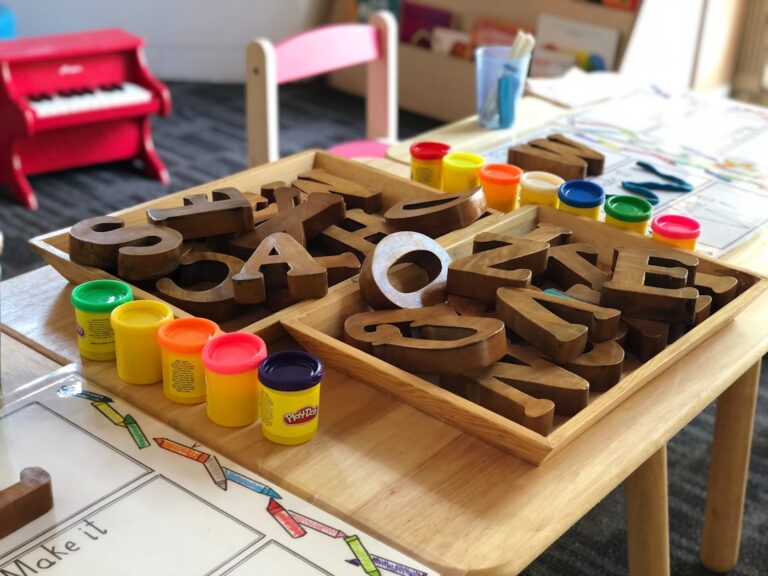
Daycare abuse is a significant concern for parents and caregivers in California, and recognizing potential red flags is crucial. It can take various forms, from physical harm to emotional and psychological abuse, even neglect. A dedicated daycare abuse lawyer in California plays a vital role in advocating for victims, who may be too young or vulnerable to speak up. Some common indicators include unusual behavior changes, such as becoming fearful or anxious around caregivers, lack of interest in previously enjoyed activities, or sudden regression in developmental milestones.
Additionally, physical signs like unexplained bruises, cuts, or burns, frequent complaints of stomach aches or headaches, and poor hygiene could suggest abuse. It’s essential to trust your instincts if something feels amiss. A proactive approach by parents, caregivers, and the community can help create a safer environment for children in daycare settings.
The Role of California Attorneys in Legal Battles
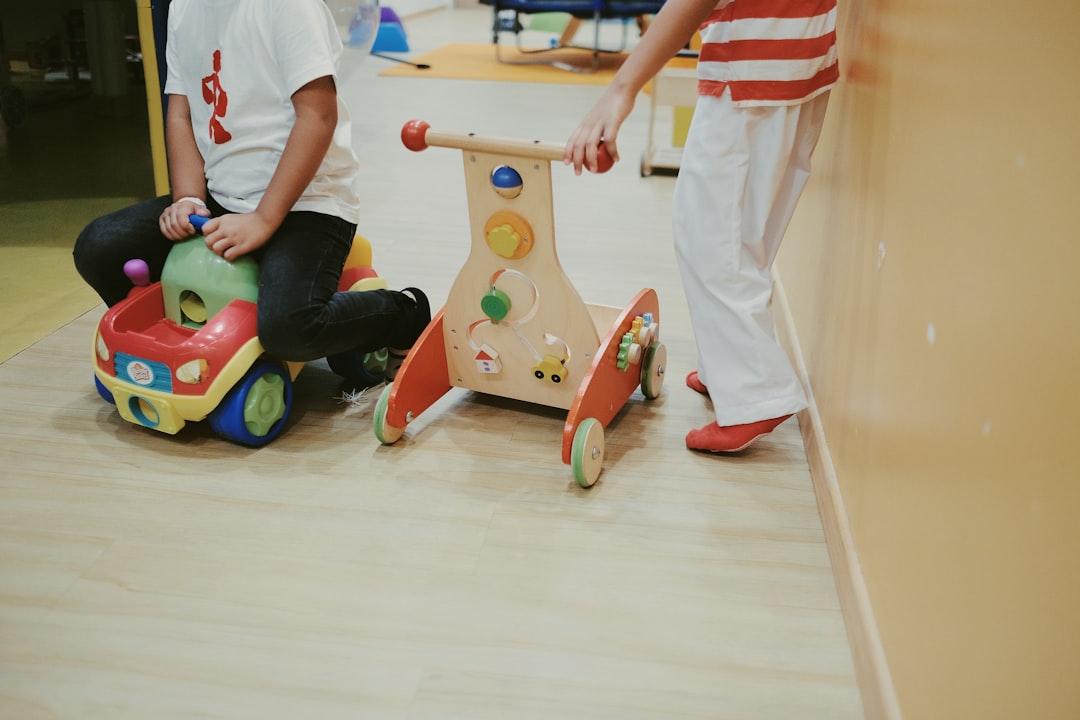
Representing Victims: Strategies for Justice
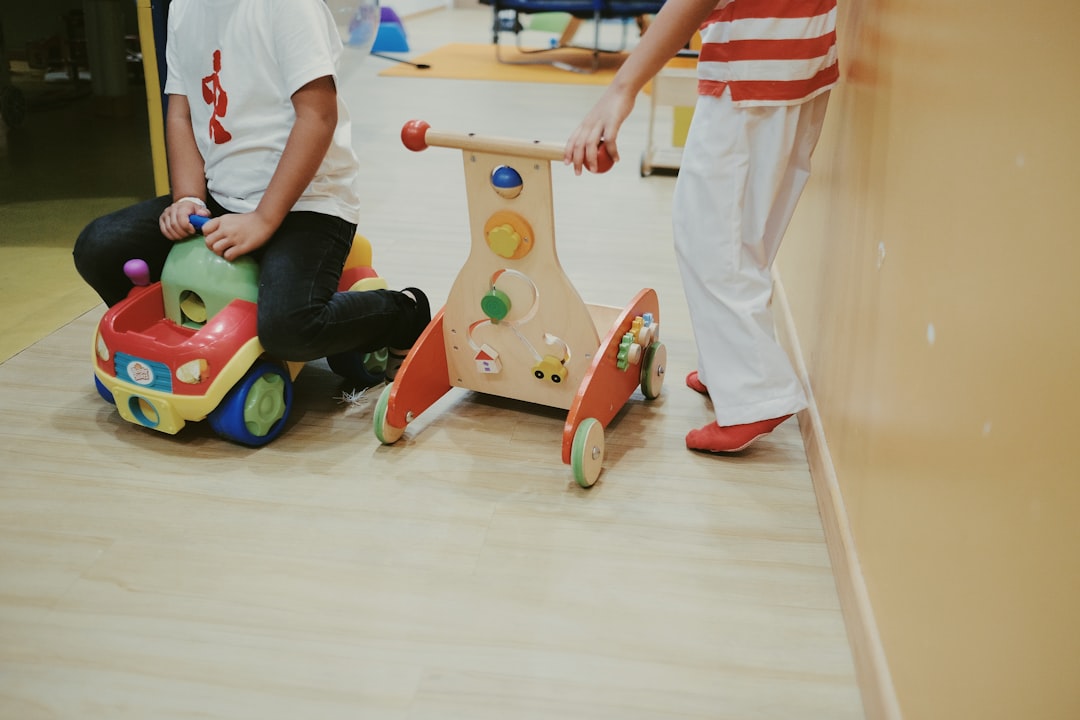
A California daycare abuse lawyer plays a pivotal role in advocating for victims, especially given the sensitive nature of such cases. Representing children and their families involves strategic approaches to justice. One key strategy is comprehensive documentation, where the attorney collects and organizes evidence meticulously, from medical records to witness statements, to build a robust case.
Another crucial tactic is navigating complex legal procedures with expertise. This includes filing timely lawsuits, understanding immunity laws, and presenting compelling arguments in court. The lawyer also fosters open communication, ensuring clients feel heard and supported throughout the process. Their goal is not just to secure compensation but to bring about justice, change, and prevention of future daycare abuse.
Navigating Complex Laws and Regulations

Navigating Complex Laws and Regulations is a critical aspect of representing victims of daycare abuse in California. With a vast array of laws and regulations governing child welfare and safety, understanding these legal frameworks is essential for any daycare abuse lawyer. Each case requires meticulous attention to detail, as laws vary across jurisdictions and can be nuanced in their application.
A skilled California daycare abuse lawyer must stay updated on state and local guidelines regarding licensing requirements, reporting obligations, and potential liability for facilities. They must also be adept at interpreting these regulations to build strong cases that protect the rights of victims and hold negligent caregivers accountable. This expertise ensures that justice is served and that victims receive the support and compensation they deserve.
Support Systems for Abuse Survivors and Families

For survivors of daycare abuse and their families, finding support is a vital step in the healing process. Many victims may feel isolated or ashamed, but there are numerous resources available to help them navigate this challenging time. Support groups offer a safe space to share experiences, connect with others who understand, and gain emotional strength. These communities can provide invaluable guidance on legal rights, as well as offer practical assistance in finding new care options for children.
In California, a daycare abuse lawyer plays a crucial role in connecting families with the necessary support systems. Legal professionals experienced in handling such cases can guide survivors through the complexities of seeking justice and compensation. They ensure that victims’ voices are heard and their rights protected, ultimately fostering an environment where accountability and healing can begin.




